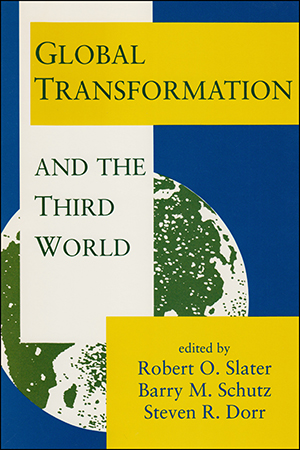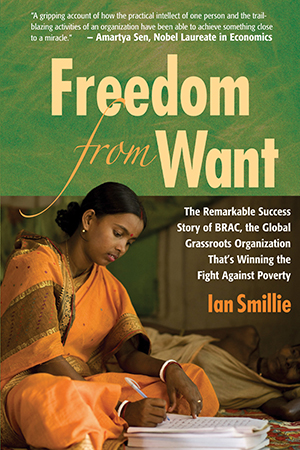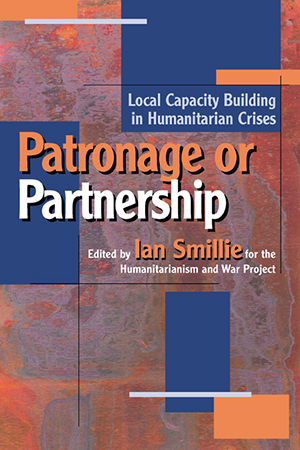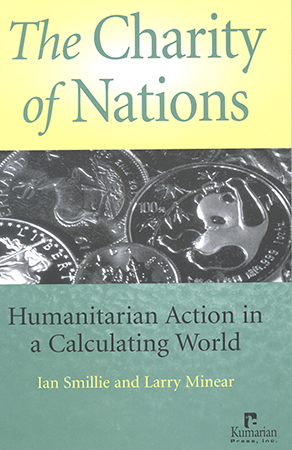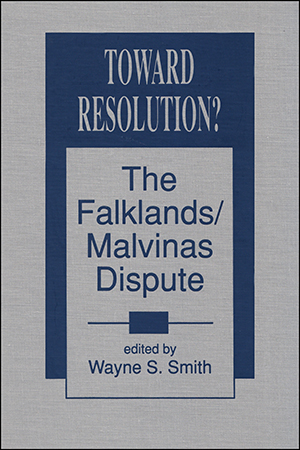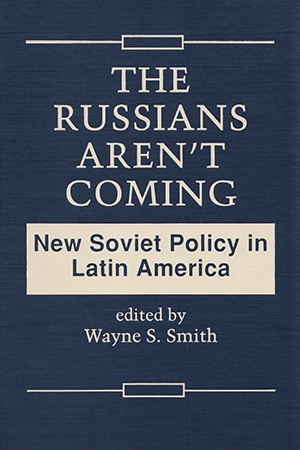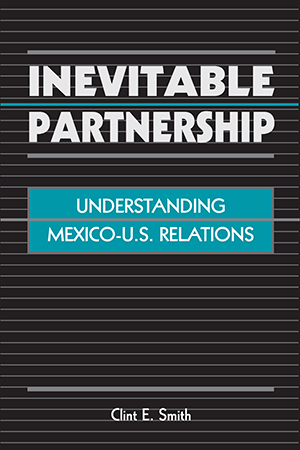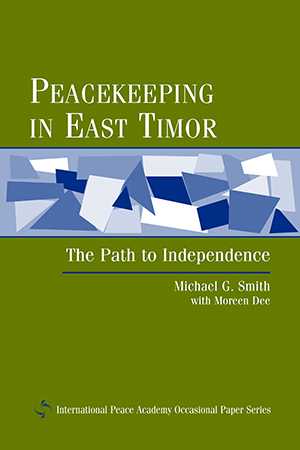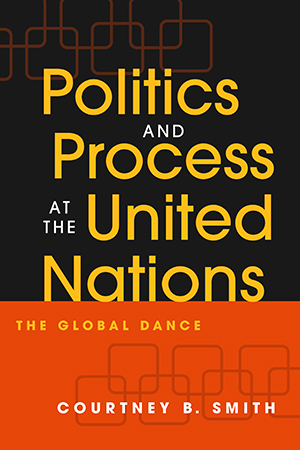BOOKS
Much has been written already about the changed international system of the 1990s, projecting the configuration of a restructured Europe, the future role of the former Soviet republics and More >
This is the first book-length analysis of the emerging literature written in Spanish by contemporary Central Americans whose grandparents came from the largely English-speaking islands of More >
Freedom From Want traces the evolution of BRAC from it beginnings as a small relief operation in Bangladesh into what is arguably the largest and most successful social experiment in the More >
Patronage or Partnership brings a new perspective to the subject of building local capacities in emergency and postemergency situations. Recognizing the real trade-offs that exist between More >
Ian Smillie and Larry Minear probe the reasons behind governmental and nongovernmental responses to urgent human need. They explain why some crises got the lion's share of attention and More >
To the British, they are the Falkland Islands; to the Argentines, the Malvinas. The dispute between the two countries over these remote islands has smoldered since 1833, when the British More >
Pointing to the dramatic changes in the former Soviet Union and its foreign policies over the past few years, the authors demonstrate that, even before the consequent collapse of communism More >
This concise, accessible volume astutely describes the complex Mexico-U.S. relationship from the beginning of the nineteenth century through the end of the twentieth. Smith begins with a More >
The UN intervention in East Timor amply illustrates the type of complex operation that the United Nations increasingly is being asked to undertake. Michael Smith analyzes the successes and More >
How does the United Nations actually work? How does it reconcile the diverse interests of 191 sovereign member states—plus those of the multinational corporations that lobby it, the More >



